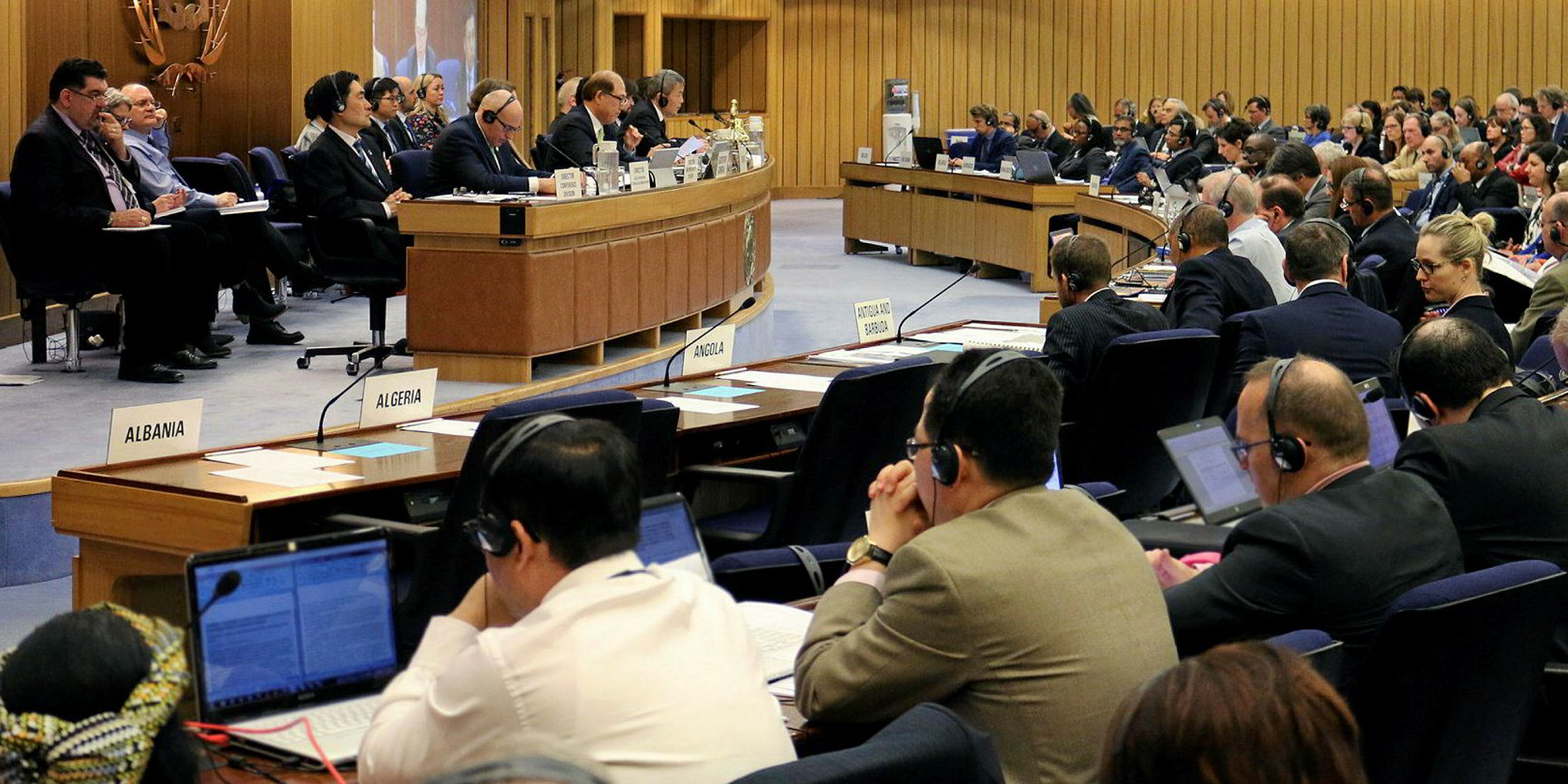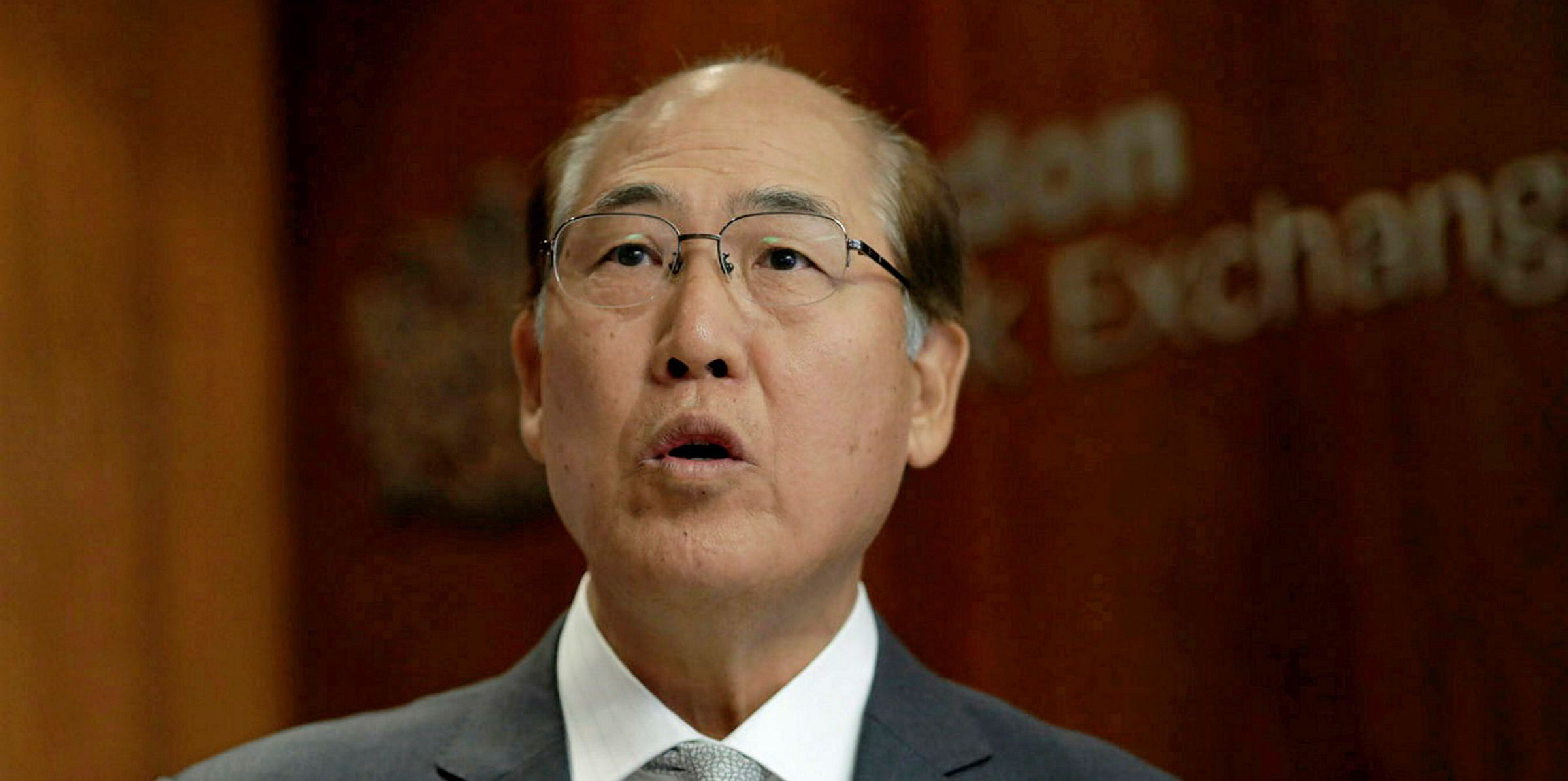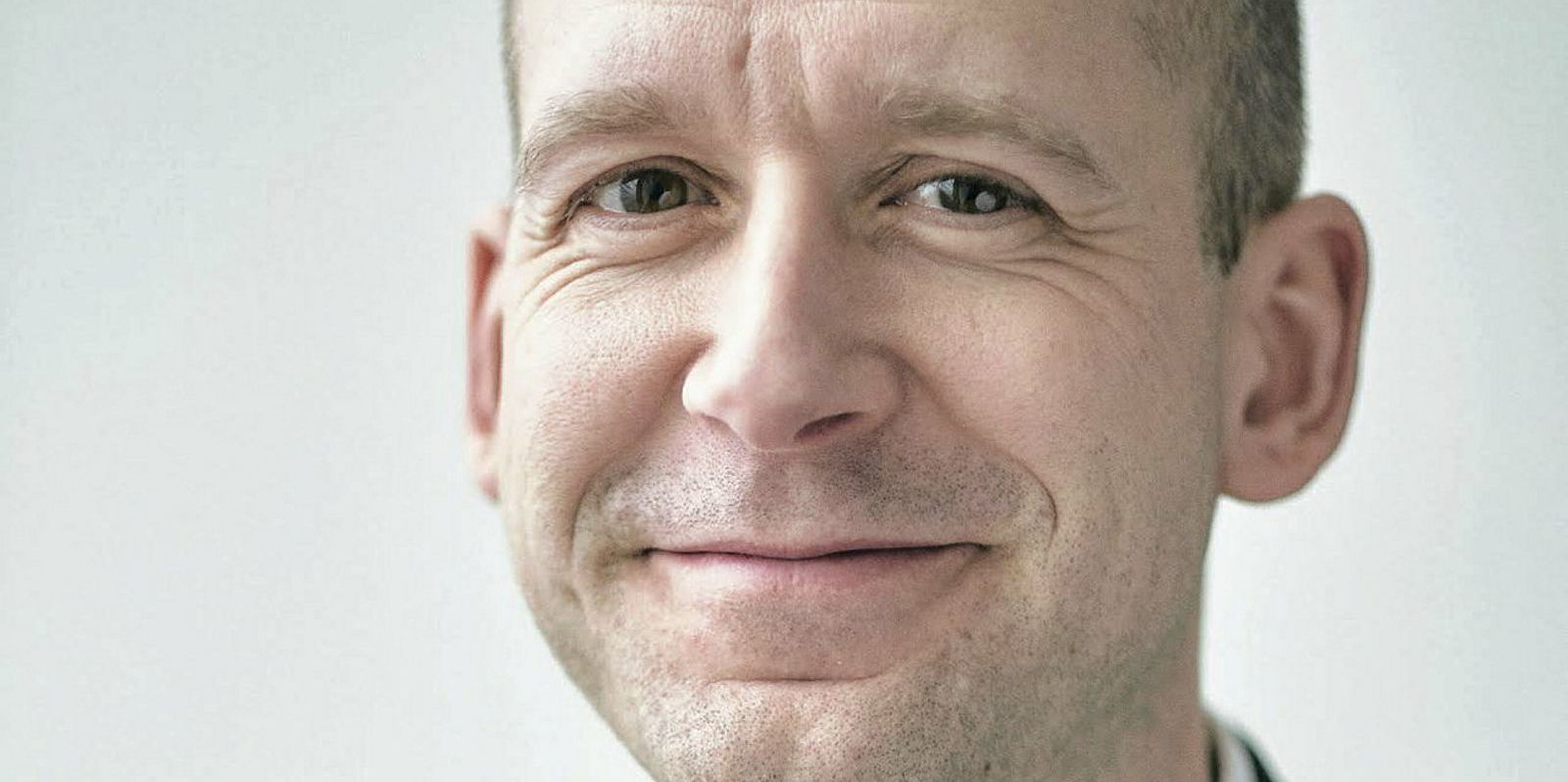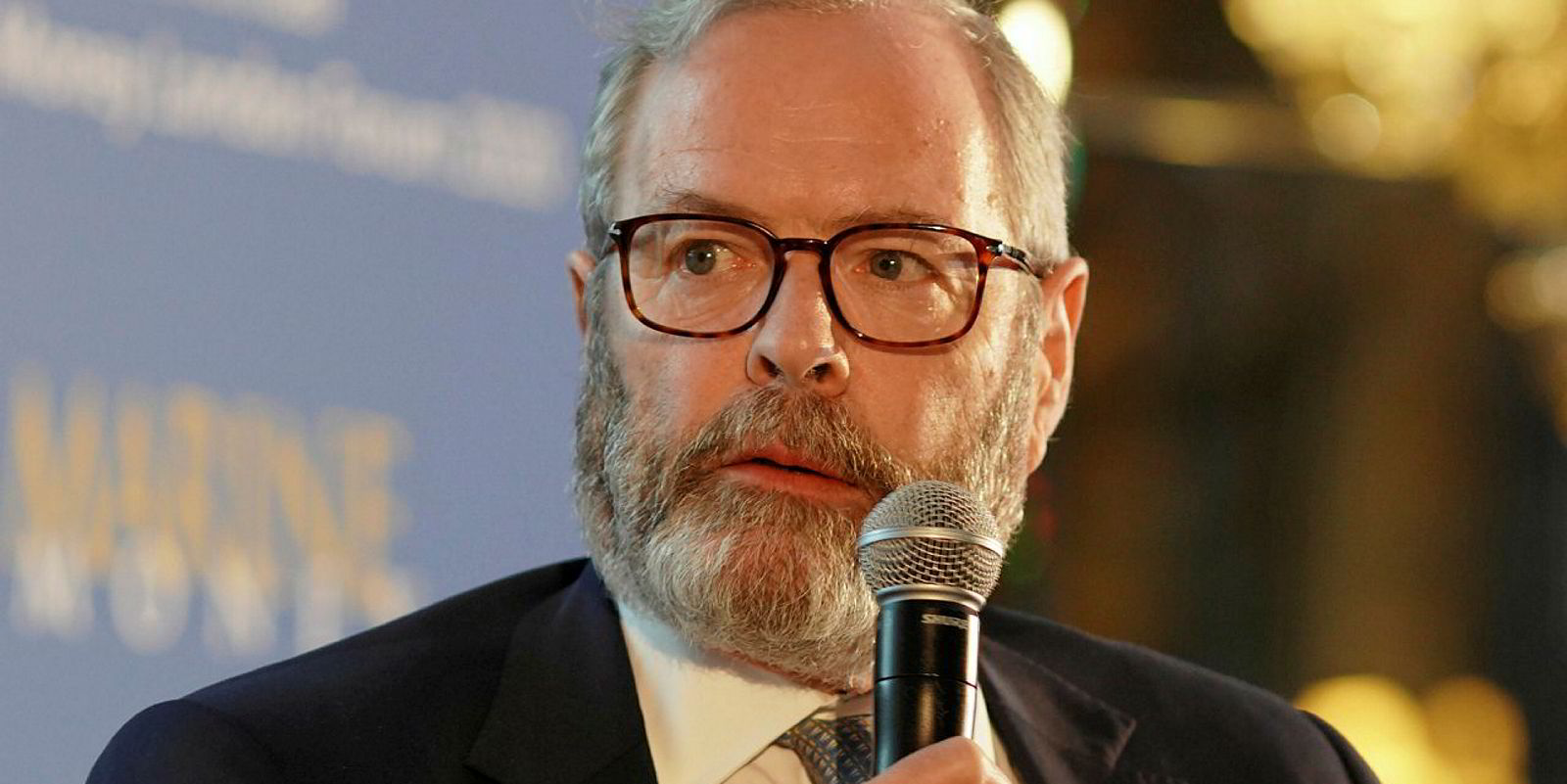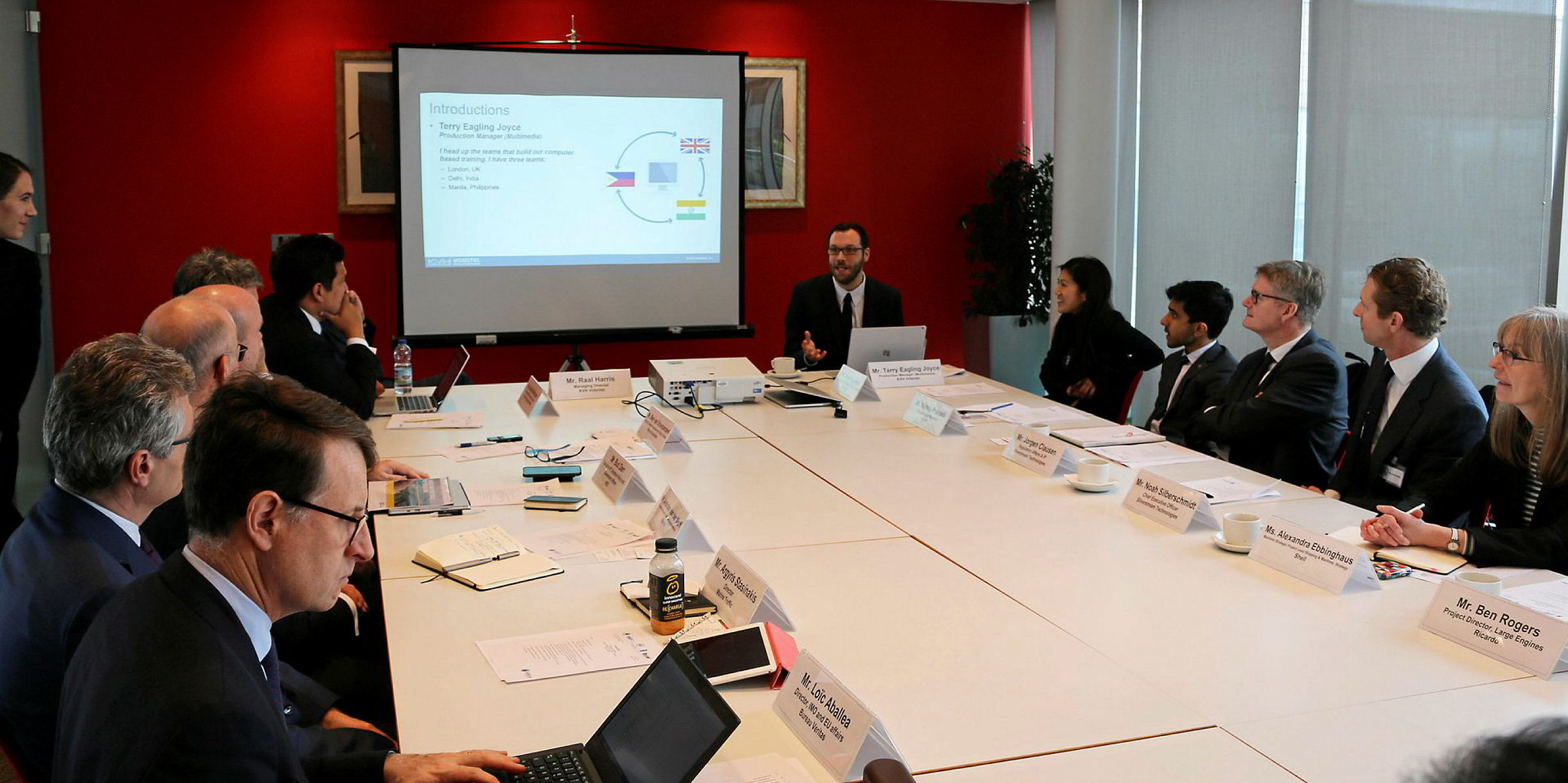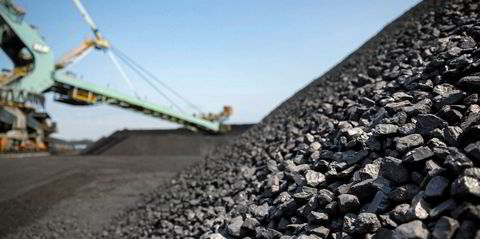Shipowners and environmentalists are worried about possible delays in the IMO’s greenhouse gas timeline, with the schedule of regulatory talks disrupted by the coronavirus pandemic.
If short-term decarbonisation measures are to come into force by 2023 as planned, member states of the United Nations body have to finalise the rules this year.
But the IMO has postponed all face-to-face meetings at its London headquarters since early March, with many member states under lockdown. At the same time, language barriers and technical difficulties are preventing virtual discussions.
“Nobody likes uncertainty ... with uncertainty come elevated risks,” Euronav chief executive Hugo De Stoop told TradeWinds.
“I believe that shipowners will probably postpone any decisions they had planned to make depending on the outcome of [decarbonisation talks].”
Even though the IMO has said that meetings on CO2 emission cuts will be “of the highest priority” when it eventually reschedules events, some stakeholders reckon more efforts will be required to keep the climate process on track.
“Any time that is lost might cause the delay in the climate action we want to see,” said Faig Abbasov, shipping manager at green group Transport & Environment. “We will have to catch up somehow.”
The number of IMO formal working meetings tasked with ironing out future decarbonisation rules needs to be at least doubled to four per year, Abbasov suggested.
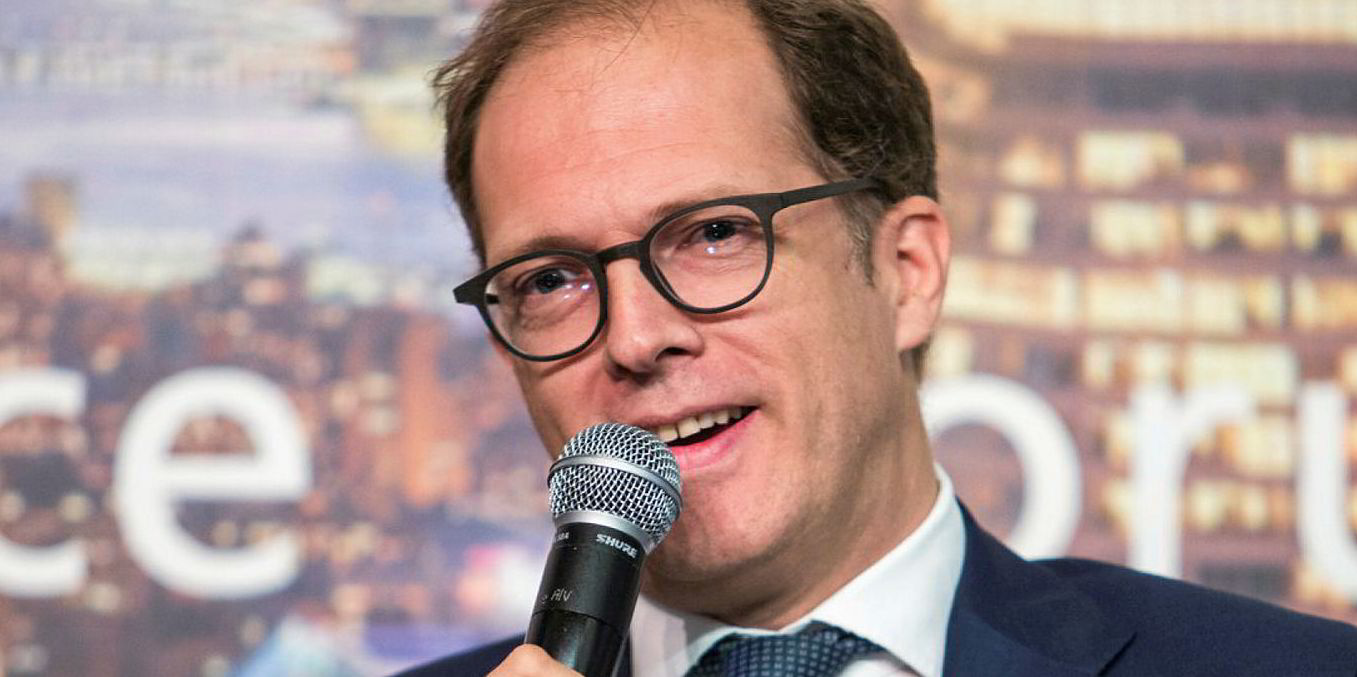
In accordance with regulatory formation procedure, the rules will need to be adopted by the Marine Environment Protection Committee (MEPC), which holds three sessions every two years.
“Because the reason for postponing the meeting is outside of anyone’s control, they [IMO members] may decide that those rules will be applicable as of July 2023 instead of January,” De Stoop said.
“They should be pragmatic, and I hope they will not delay them for a full year.”
Moreover, many developed countries that were leading MEPC discussions have launched large fiscal programmes to stimulate economies crippled by the pandemic, prompting fears that less will be spent on climate actions.
The International Chamber of Shipping (ICS), the leading shipowner trade group, has proposed a $5bn research and development (R&D) fund for decarbonising the industry.
“It’s possible that one impact of Covid-19 could be that even less money is available for R&D in this area, increasing the urgent need for governments to discuss the industry’s proposal,” ICS deputy secretary general Simon Bennett said.
“Although the postponement of IMO meetings was necessary and unavoidable, it is in the industry’s best interest that these can resume as soon as practicable.”
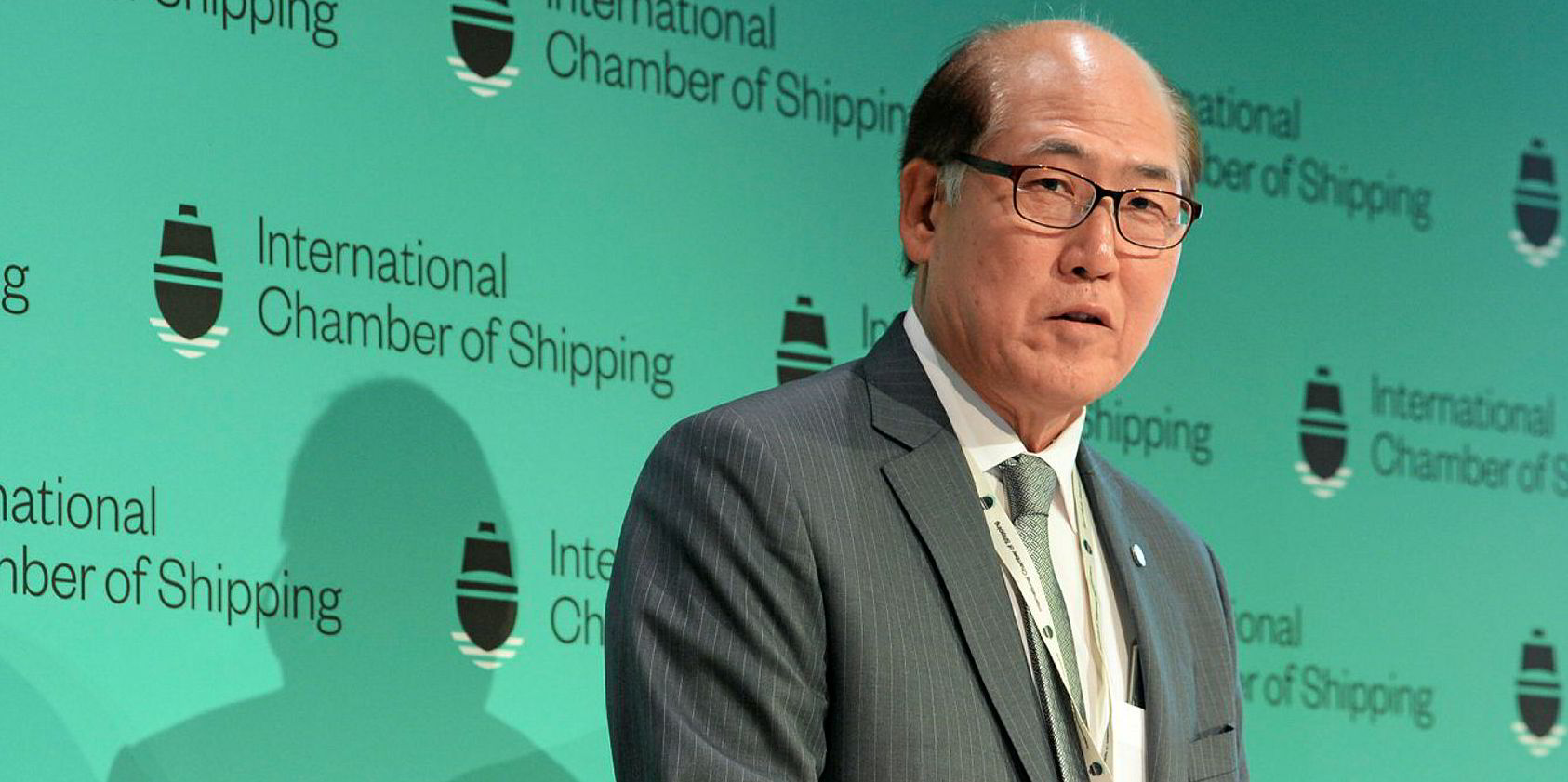
Moreover, UK government officials have said some social distancing rules could remain until the end of this year, to avoid a second wave of coronavirus.
But the current seating arrangements at the IMO headquarters building will not allow participants to stay at least two metres from each other at meetings.
Four environmental groups with consultative status at the IMO have called for virtual discussions on decarbonisation rules, to ensure the regulatory process remains on schedule.
IMO secretary general Kitack Lim has agreed to examine possible remote meetings. But he said the organisation lacks the capability to hold a virtual meeting involving the number of people who attend an MEPC session.
“A significant challenge in this regard is the requirement for simultaneous interpretation in the six official languages of the IMO,” he wrote to the Clean Shipping Coalition, Greenpeace International, Pacific Environment and the World Wide Fund for Nature (WWF).
Other UN agencies, such as the International Monetary Fund, and the Food and Agriculture Organization, have been holding online meetings despite travel restrictions across the globe.
But some industry players believe the IMO faces strong challenges in allowing member states, trade bodies and environmentalist groups to participate in online discussions over decarbonisation rules of high political and technical complexity.
“To allow for such in the future, a gradual build-up of confidence in multilateral negotiations virtually would be needed,” Bimco deputy secretary general Lars Robert Pedersen said. “Such is not easy.”
Manuel Pulgar-Vidal, leader of WWF’s global climate and energy practice, would like to see more efforts from those involved in IMO discussions.
“Virtual meetings have challenges around voting, time zones, translation services, online security and internet connectivity,” he said. “Organisations must work together to find solutions.”
